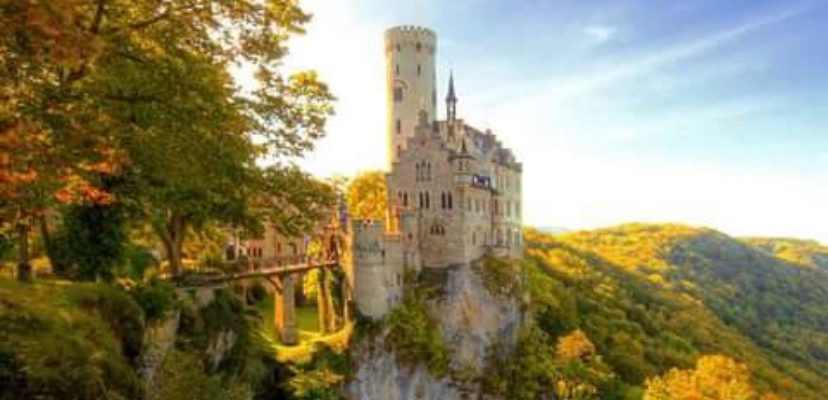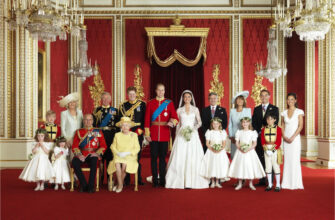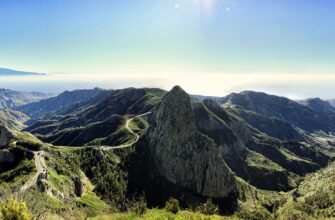The tiny Principality of Liechtenstein is an amazing state with its unique natural landscapes, with its centennial traditions and customs. However, how does the history of this tiny country differ from the development of the most powerful states of the world and why can this principality be placed in comparison with such significant economic giants nowadays? Let me show you the most secret and mysterious corners of the history of Liechtenstein, to discover something new for you in such a tiny and at the same time gorgeous state.

monetnik.ru
It is not difficult to guess that Liechtenstein takes its name from the Liechtenstein family, which appears in the 12th century AD. At that time, they owned only a small castle located near Vienna. Unfortunately, it did not last long: with the next generations, the value of the castle was lost, but the family’s fortune only increased due to the significant support of the Habsburgs. Afterwards, in 1608, Karl von Liechtenstein received the inherited title of prince for his loyalty in the struggle for the Bohemian throne (for the support of Matthias of the Habsburg family).
Moving further, the possessions of the Liechtenstein family only began to increase: after the Thirty Years ‘ War, the Bohemian lands were attached; in 1699, Hans Adam von Lichtenstein bought the fief of Schellenberg, and then in 1712 – Vaduz. On January 23, 1719, Karl VI of Liechtenstein signed a decree on the unification of these two fiefs (Schellenberg and Vaduz) into a single principality, where the head of the family Anton Florian became the prince.
In 1806, during the collapse of the Holy Roman Empire, Liechtenstein received sovereignty, but 9 years later lost it, as a result of the creation of the German Union. In 1866, the state managed to become independent again, and two years later the prince declared neutrality and disbanded the army. Thanks to the reasonable decision of the ruler, Liechtenstein managed to avoid such severe damage compared with other countries, such as Great Britain, the Russian Empire and France, which were suffering from the First World War. At the same time, the economic situation of the country was greatly shaken, which forced Liechtenstein to sign several agreements with Switzerland, which is valid nowadays also (more specifically, this is due to the consular representation of Switzerland in other countries where there are no embassy representatives from Liechtenstein; as well as with the single currency).

monetnik.ru
Unfortunately, the Second World War had a worse effect on the political relations of the state: Poland and Czechoslovakia thereafter repeatedly claimed their rights on the lands that once belonged to their previously generation (but were bought by the Liechtenstein family due to the ruin of their economy, several centuries earlier), which eventually led to a ban on their part on the entry of members of the Liechtenstein family to the territory of their countries.In the post-war years, the country was overtaken by an economic crisis: the Liechtenstein family was forced to sell their ancient property. However, a few years later the country achieved to attract foreign investigations, and nowadays Liechtenstein is a member of many international organizations and one of the leading countries in terms of living standards.








